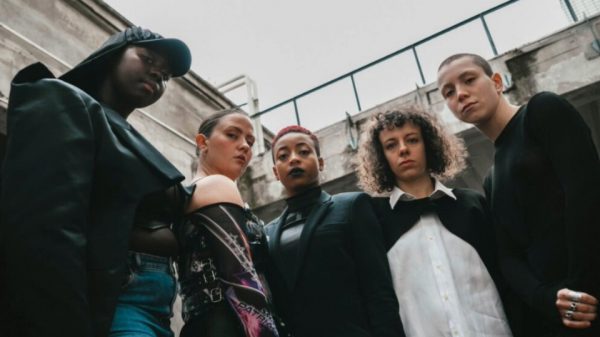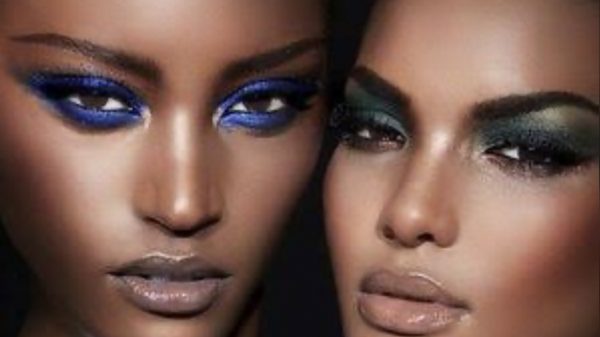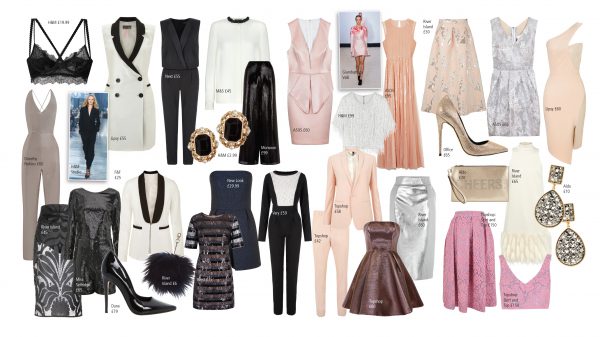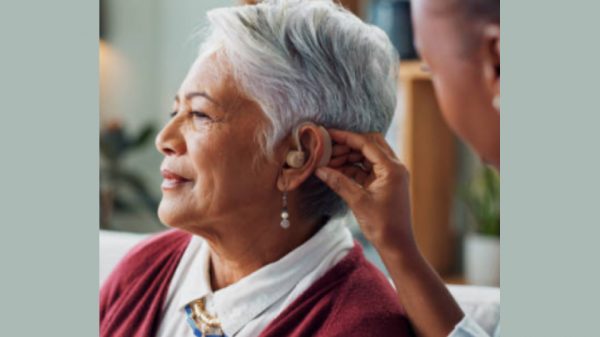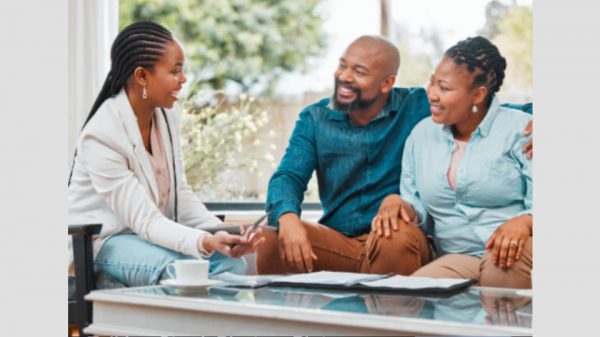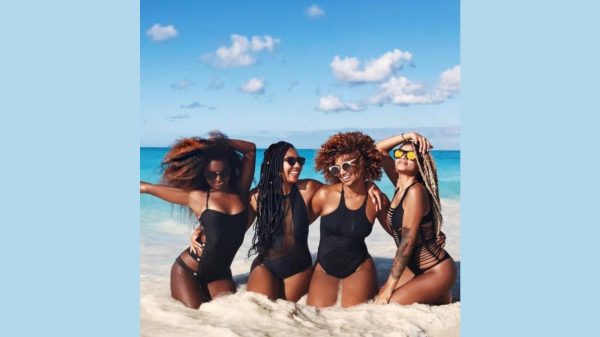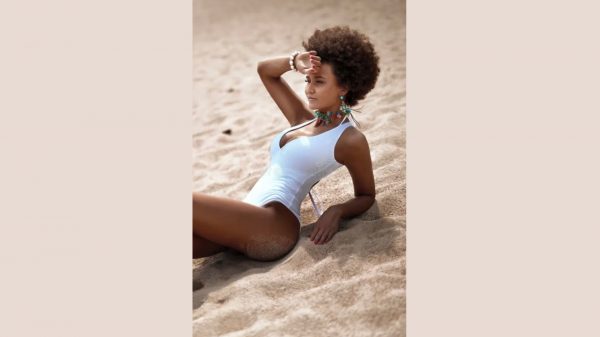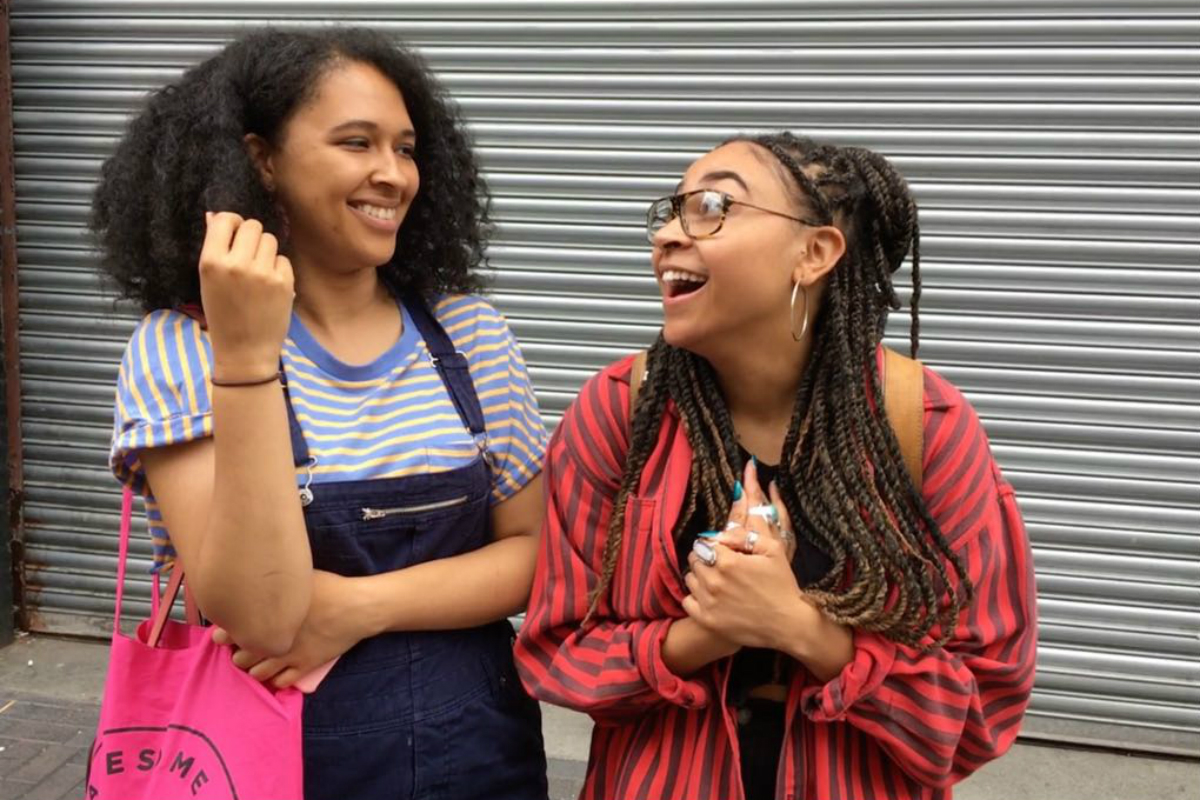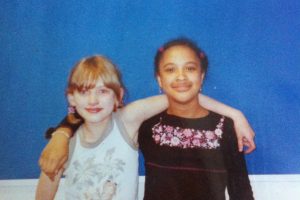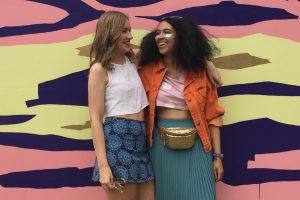Though healthy friendships are wonderful in all forms, it’s an unspoken truth that sometimes, even the best of friends can have areas where they can’t connect – especially where cultural differences are involved. Jenessa Williams shares how making new bonds during adulthood helped her find her place
‘Sometimes Jen, I completely forget you’re not white.’
An innocent comment from one of my best friends during Year 10 lunch, delivered between unassuming bites of sandwich and received with laughter from the rest of our group. At the time I wasn’t offended; I weirdly knew what she meant. But as I’ve grown older, reflections on the race of my friendships have made me wonder how different things might have been.
Growing up in a suburban commuter town, born to a white father and a black mother, there is no denying that my upbringing was highly anglicised. Any real black influences came from my grandparents, a stoic pair who came over in the Windrush era and despite a fondness for slow-stirring rice and peas and kissing their teeth when they got the wrong answer on a quiz show, acclimatised quickly to our predominantly white community.
My entire school year of nearly 200 pupils contained four black girls and no more than six black boys, and within my own social group, three girls were white and the other Asian. All four remain my very best friends nearly 10 years later and I wouldn’t swap them for the world, but there is no denying that their culture was very different to my own – they simply didn’t understand the need to meticulously braid your hair at a sleepover to prevent frizz, or feeling let down when the make-up freebies glued to Pop magazines wouldn’t show up on your skin.
To say I pined for better would be to do my friends a disservice, but as I grew older, I did wonder what it might be like to have pals who shared my experience. In a time of great racial injustice in the early Seventies, my Mum met her two best friends – Joann and Valerie. A sisterhood in the truest sense of the word, they were a team against the world, defending each other from stares and ignorant comments. In time, they became my Aunties, and the bond they shared is something truly enviable, outlasting their childhood and beyond. When we tragically lost Valerie, it brought home for me the importance of friends as family; the value of surrounding yourself with people who know the burdens and joys that come with high-melanin skin with words unspoken.
Of course, it is worth asking what kept me from befriending the other black girls in my school class. At the time, I simply saw it that they weren’t like me – I was bookish and quiet, hair scraped back in plaits and uniform strictly regulation. These girls were ‘sassy’, and loud, playing music from their phones in the corridors and making bitchy comments about anyone who dared to care about their schoolwork. Through various small putdowns, they made it very clear that we were different – they were black, I was mixed race. Knowing what I know now, I wonder if that animosity truly came from their souls, or whether it was simply an act of conforming to a ‘rudegal’ stereotype as a defence to help mask their own insecurities as young women of colour.
When I left for University, things picked up a little. I discovered feminism, and through the works of bell hooks and Audre Lorde, began to embrace my own blackness in a way that felt new and exciting. I briefly joined the Afro-Caribbean society, but it wasn’t for me – having black friends would be nice, but not at the expense of tokenist cherry-picking, or awkward socials where they only thing we really had in common was the colour of our skin.
Last year, it finally happened organically. I started a new job in Leeds city centre, and on my very first day found two girls that perfectly filled the gap in my life. They were smart and funny, liked the same music as me and together we shared boy advice, clothing tips and yes, anecdotes on a life growing up as an ‘other’. We’ve planned trips to Carnival, and to see Lauryn Hill. Would I love them as much if they were white? Absolutely. But it is a relief to know they have my back when a customer gives me a funny look in the shop, or a stranger asks to touch my hair? Definitely.
As society slowly becomes more diverse, I hope for better for the next generation. The richness that comes from a diverse friend group is one that really cannot be underestimated, creating kind, compassionate young people equipped to celebrate uniqueness and defend the isolated. Rather than forcing the token black girl to play Scary Spice in the talent show line-up yet again (FYI, I would have much rather been Posh), I hope all little girls can find themselves reflected in their peers, and have a ton of fun doing so.






